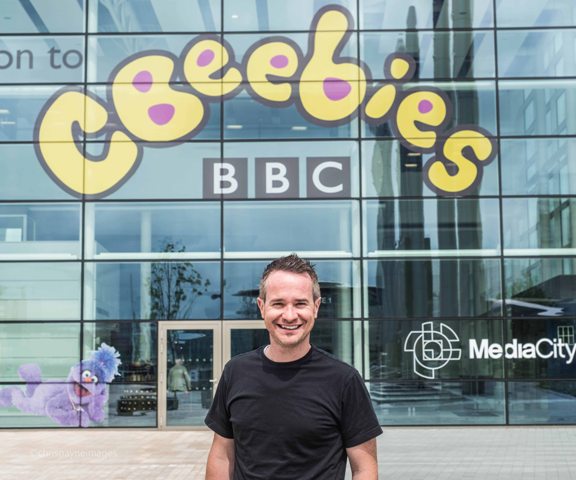Now in its third year, Pilot Light TV Festival continues to offer discerning diversions to those whose passion for the potential of the medium remains devout.
Uniquely, perhaps, it affords the opportunity for a communal viewing experience all but obsolescent in these time-shifted, platform-fractured evenings or – still more apposite – a forum of the non-virtual world.
As the first screening in this year’s freshly-inaugurated TV In Memoriam strand, Dennis Kelly’s gloriously singular Utopia is an inspired opening gambit. As saturated in colour as it is nuanced in characterisation and plot, it’s a hectic cut-up of half-familiar influences that nevertheless succeeds in remaining not quite like anything that’s come before it; the very epitome of cult, in fact, down to its regrettable cancellation while its creator remained in full flow.
 Its creator is at Manchester’s HOME for the big screen presentation of the vertiginous pilot episode, accompanied by producer Rebekah Wray Rogers and neglected, resourceful preteen Grant from the series, actor Oliver Woollford. Five years after transmission, it remains a compelling, dislocating, insistent opener, daring the audience to look away, before – in the most infamous scene of optic violence since Un Chien Andalou – ensuring that they must do precisely that.
Its creator is at Manchester’s HOME for the big screen presentation of the vertiginous pilot episode, accompanied by producer Rebekah Wray Rogers and neglected, resourceful preteen Grant from the series, actor Oliver Woollford. Five years after transmission, it remains a compelling, dislocating, insistent opener, daring the audience to look away, before – in the most infamous scene of optic violence since Un Chien Andalou – ensuring that they must do precisely that.
Opening with the ambiguous Watchmen smile of an assassin’s yellow tool bag, it’s like the outer layer of a parcel bomb where the unwrapping is perversely enticing; all the elements which, in later episodes, will precipitously deepen and reliably wrong-foot, are present and incorrect.
In the question and answer session which follows the end credits, Kelly states of his protagonists that he “wanted them to be shit” and – if this was precisely, rather than rhetorically, his aim – he has failed, since Becky, Wilson, Ian and Grant are as impeccably vulnerable and mistaken, as active and as passive, as trusting and suspicious as any latter-day Alice (and there is a latter day Alice) fallen through Mr Rabbit’s hole.
 Granted, then, it’s a conspiracy thriller, but one cast – albeit in the upbeat ‘Doris Day’ colours of cinematographer Ole Bratt Birkeland – from the same dystopian mould as the BBC‘s Edge Of Darkness, so that – for all the shadowy organisations and inevitably sinister multinationals that spin its narrative web – its plot twists close to home, its uneasiness all the more unnerving for voicing the nagging doubts clawing their way up from below the Instagram-filtered surface of an over-populated, under-resourced species. Through their shifting alliances, betrayals and reversals, the central characters become a surrogate family, a position whose irony can only be appreciated by the revelation of a plot point better articulated by the series itself.
Granted, then, it’s a conspiracy thriller, but one cast – albeit in the upbeat ‘Doris Day’ colours of cinematographer Ole Bratt Birkeland – from the same dystopian mould as the BBC‘s Edge Of Darkness, so that – for all the shadowy organisations and inevitably sinister multinationals that spin its narrative web – its plot twists close to home, its uneasiness all the more unnerving for voicing the nagging doubts clawing their way up from below the Instagram-filtered surface of an over-populated, under-resourced species. Through their shifting alliances, betrayals and reversals, the central characters become a surrogate family, a position whose irony can only be appreciated by the revelation of a plot point better articulated by the series itself.
There is, however, one further irony of which it is possible to speak. After falling victim to its original Tuesday night slot, less than a year before streaming might have afforded it a Twin Peaks-like third act, there is every likelihood that Utopia will yet be resurrected, albeit broadened out for an American audience, its saviour an inevitably sinister multinational: Amazon.
To read Northern Soul’s interview with the team behind Pilot Light Festival, click here.











